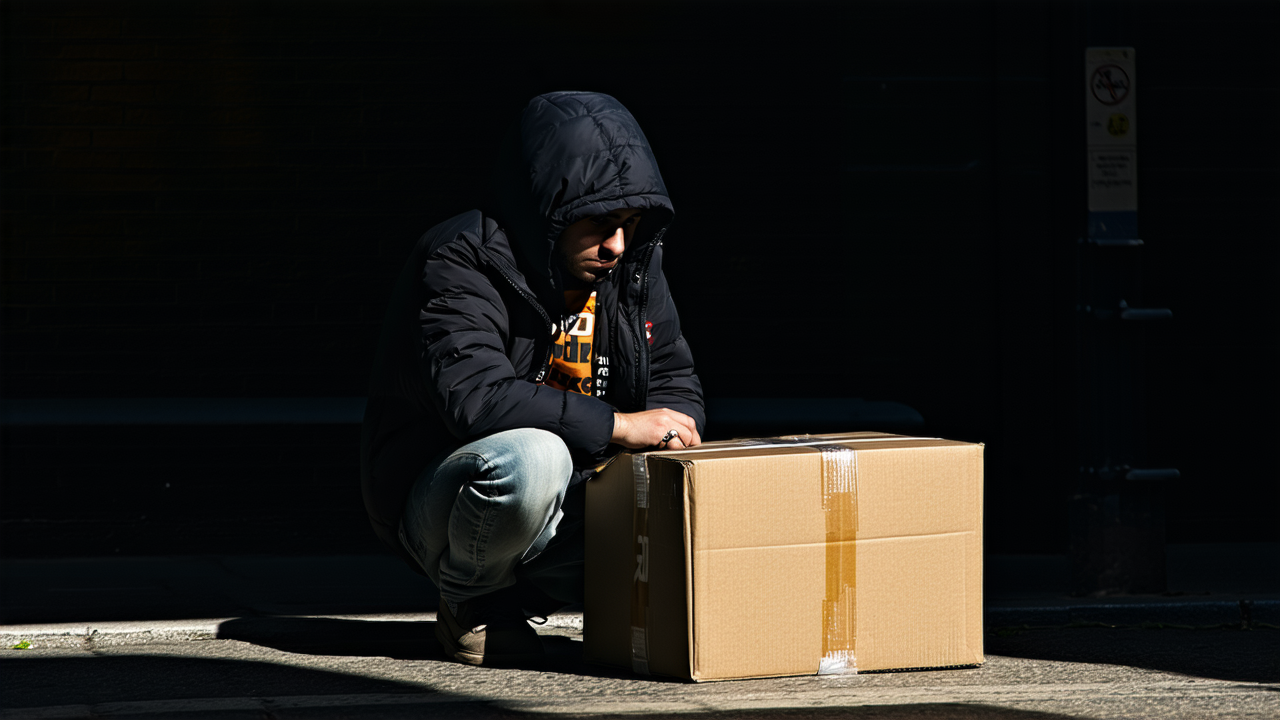One in Every 1000 New Zealanders Without Shelter, Salvation Army Reports
One in Every 1000 New Zealanders Without Shelter, Salvation Army Reports
A new report from the Salvation Army reveals a shocking reality: one in every 1000 New Zealanders is currently without shelter. This figure is part of a broader crisis that has seen a significant rise in homelessness across the country, with no region showing a decline in the number of people affected. The Salvation Army also highlights that 14 in every 1000 people live in homes deemed uninhabitable, and 57,000 women are experiencing homelessness.
The data comes from a comprehensive survey involving frontline housing and homelessness organizations, including The Salvation Army, Community Housing Aotearoa, and Housing First Auckland Backbone, among others. The report also incorporated information obtained through Official Information Act (OIA) requests and other sources, providing a detailed snapshot of the current housing crisis in New Zealand.
Lieutenant Colonel Ian Hutson, mission officer for The Salvation Army Social Policy and Parliamentary Unit, emphasized that while the government has increased engagement with the issue, a coordinated response is urgently needed. "We all need to be working towards having enough affordable housing for everyone to live with dignity, in a warm, safe, dry home," he said.
The report also points to a 386 percent increase in rejections by the Ministry of Social Development (MSD) for emergency housing applications since August 2024, citing that people have 'contributed to their own homelessness.' Hutson called for MSD to be more flexible and remove barriers to emergency housing.
The Salvation Army is urging the government to take immediate action, including increasing the availability of good quality housing, reviewing restrictions on emergency housing grants, and investing in evidence-based housing programs that address both short-term and long-term needs. They also emphasize the importance of regular national data collection and a long-term, bipartisan national housing and homelessness strategy grounded in Te Tiriti principles.
As the crisis deepens, the voices of those on the frontlines are growing louder. Frontline workers report seeing an increasing number of people struggling with housing stress and lacking access to the support they need. With the number of women without shelter disproportionately high, particularly in Auckland, the need for a comprehensive and immediate response has never been more urgent.
The Salvation Army’s call to action is clear: more needs to be done now to ensure that everyone in New Zealand can live with dignity and security. The time for change is now, and the voices of the most vulnerable must be heard.
